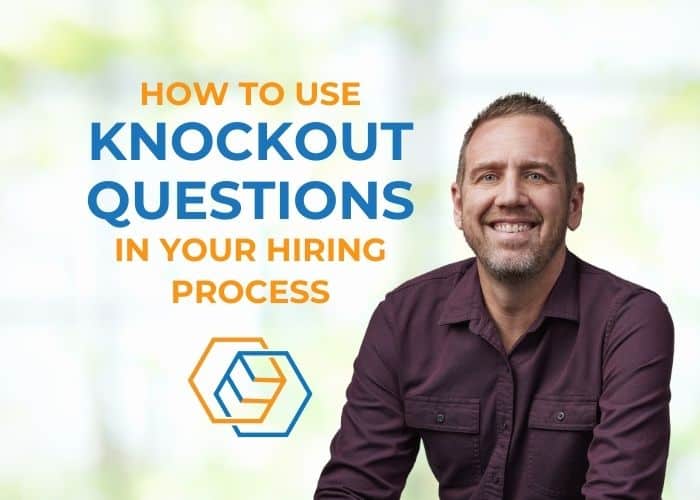Employee Retention is Essential for Growth

You invested in your employees. You trained them, taught them the value of customer service, and it seems impossible, but… 3 out of 4 of your employees are looking for another job. The loyalty our parents had for “The Company” is ancient history. Today’s workforce has a different mindset, and job-hopping is the norm. But employee retention is essential for growth.
When your employees are focusing on finding another job, how can they deliver the kind of service and professionalism you need? The answer is, they probably can’t. Here’s the challenge: they will leave you for more money, but they won’t go if your workplace is exciting and employee-focused.
Prioritize Employee Retention
It serves no purpose to hire a recruiter to find suitable employees for your business. Once trained and experienced, those employees will move on to other jobs if employee retention isn’t your priority. You must go beyond recruiting and create a culture that inspires your employees. They need to feel they are part of something important.
Think about your company. The services and products you provide are essential! You feel it; you know it, and they need to know it too. When you share your vision – and make them part of it – you’ll realize improved employee retention.
It’s Got to Be Personal
Focus on the engaged and productive employees. A 25% increase in productivity means 25% more work getting done with the same amount of people. It means 25% more work getting done without an increase in overhead.
It means you have the chance to be 25% more profitable. –Ryan Englin
Today’s typical employee sees his or her job as important, but other values – like quality of life and personal time – are more important. You’ve got to make “going to work” something they look forward to every day. It’s a fact: happy employees can boost your bottom line.
Build Your Business by Building People
You don’t build a business. You build people. –Zig Ziglar
Some studies estimate the cost of losing an employee to be 1.5-2 times their annual salary. If your employee earns $47,000/year, your cost is $70,500-$94,000 when that employee leaves your company. Here are some areas where the loss may be the greatest:
- Customer service/errors – new employees are often less adept at solving problems
- Lost productivity – a new employee often takes 1-2 years to reach the productivity of an existing person
- New hire expense – advertising, interviewing, screening, and hiring
- Onboarding new person – on-the-job training
Some costs of losing an employee are more challenging to measure. When someone leaves, employees want to know why. If your employee left for more money, better working conditions, or better hours, how do you respond? Morale can nose dive when employees think they’re settling for less than their peers. The burden of extra work also impacts attitude and productivity.
Another consideration: when you lose an employee to a competitor, will your business take a hit? The best way to ensure your competitors don’t profit from your efforts is to improve employee retention. When you lose a long-time or popular employee, customers notice.
Employee Retention Starts With You
Employee retention improves when you define your company’s culture and goals. You can then screen applicants to find candidates that will work best for your environment. The next step is to keep employees from leaving. Here are five ways to retain valuable employees:
- Benefits – Work/life balance is a significant selling point for desirable employers. Flexible work hours and paid leave policies are almost as important as healthcare or stock options. When employees work because they can’t afford not to, their attitudes can be negative. And negativity is contagious.
- Best of the best – When your company is one of the best in its field or your technology is cutting-edge, employee retention goes up. Everyone wants to be part of something great.
- Education – Incorporate ongoing training and education into every role. When your employees are engaged and excited about their jobs, they want to stay.
- Management accountability – Managers should be quick to account for their own mistakes. Asking “how can I make this right?” shows employees their opinions matter.
- Transparency and open communication – Encourage feedback and discussion. No employee should be afraid or embarrassed to ask questions. Anonymous feedback is a good idea if you act upon it. Always respond quickly and effectively.
Recruitment Marketing Makes a Difference
Recruitment marketing is a great alternative to traditional recruiting methods.. As a recruitment partner, Core Matters can help you create an employee experience (EX) focusing on employee engagement in a rewarding work environment. Increasing the EX will lead to better employee retention.
Employee retention won’t be a problem when your company has a reputation for team building and open communications. Let’s create an amazing employee experience for your company because when we work together, everyone wins.



